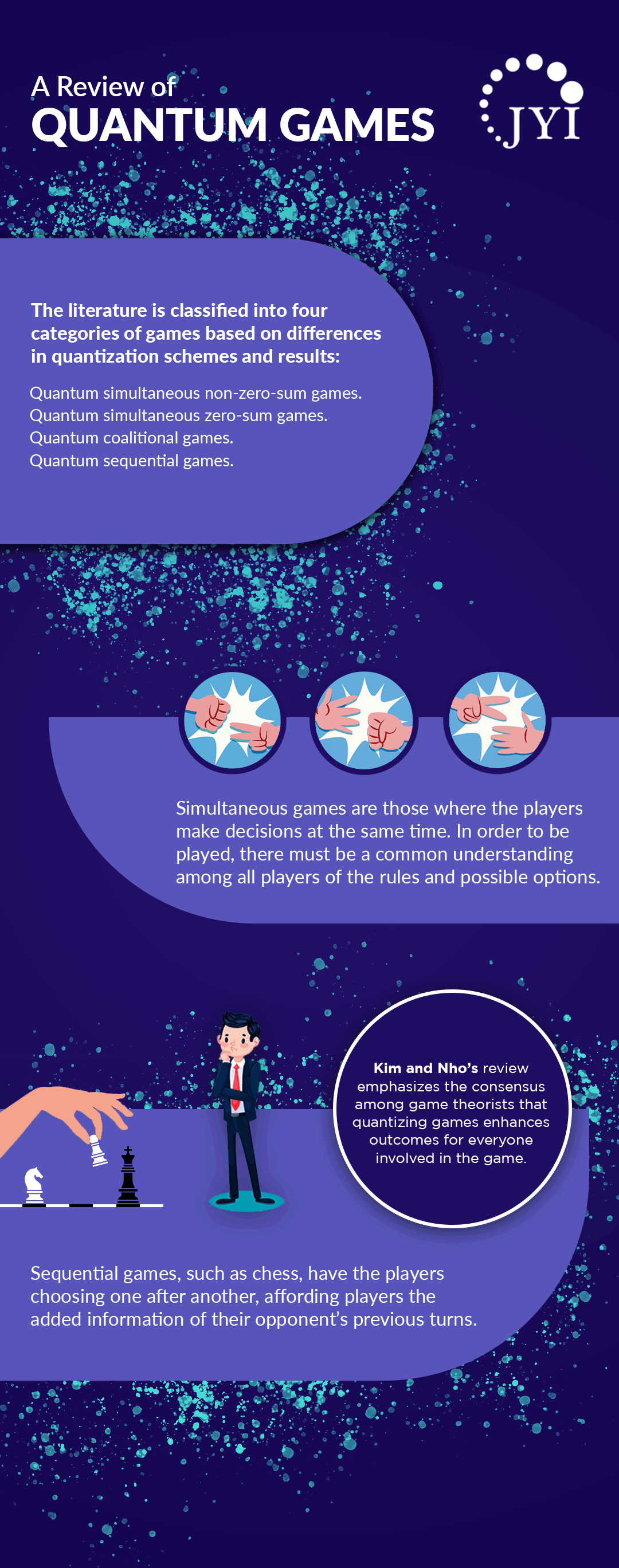What if computers could decode what people think and dream? Recent studies and advancements in artificial intelligence suggest that soon, computers may be able to do just that. In a 2014 study, Dr. Rajesh Rao, a neuroscientist at the University of Washington, and Dr. Jeff Ojemann, a neurosurgeon at the University of Washington Medical Center, asked seven people with severe epilepsy to watch images on a screen after surgical implantation of electrodes in their temporal lobes (the region of the brain that coordinates sensory input and recognition). Patients with epilepsy were used for the study because they had already had electrodes implanted for doctors to observe the place of origin of seizures within their temporal lobes.
The Case for Making ‘Statistical Significance’ Less Significant
If a scientist flips a coin 10 times and it lands heads-up every time, intuition suggests that the coin is weighted. Indeed, the probability that a fair coin lands heads-up 10 times in a row is (0.5)^10, or about 0.1 percent. It’s a small, but nonetheless non-zero, number. How should the scientist responsibly report these results? Does it suffice to say that the coin is maybe, possibly, probably weighted according to intuition?
Photoinduced Inhibition of DNA Amplification by PCR with a Photocisplatin Analog
Due to high mortality rates from cancer, it is necessary to discover targeted therapies that decrease side effects and increase drug efficacy. Photodynamic therapy (PDT) is a targeted therapy which uses light to activate therapeutic compounds to promote cell death. In our lab, we have designed, synthesized, and characterized a new photoactive metal complex, which covalently binds to DNA upon light activation. Herein, we discuss the effect that the designed complex has on DNA amplification using Polymerase Chain Reaction (PCR). The PCR products resulting from reactions between DNA and the metal complex were examined prior to and following light exposure and compared to the widely used anti-cancer drug, cisplatin. The minimum concentration of designed metal complex needed for complete inhibition of DNA amplification was also determined. These results show that the complex inhibits DNA synthesis after exposure to light, indicating its potential as a PDT agent.
Press Release: Understanding how Quantum Applications Enrich Game Theory
For half a century, game theory and quantum mechanics were two academic disciplines that were entirely dissociated from each other. Twenty years ago, however, scientists began to speculate that the same principles governing the tiniest particles in the universe may be useful in playing games. Today this unlikely union is a fruitful area of research known as quantum game theory.
Sequencing the Regulations on Human Germline Editing Research
Late last year, the world learned of one Chinese scientist named He Jiankui who covertly helped create the world’s first gene-edited babies. While germline modifications in humans are currently prohibited across several countries worldwide, new committees such as the WHO Expert Advisory Committee on Developing Global Standards for Governance and Oversight of Human Genome Editing or the International Commission on the Clinical Use of Human Germline Genome Editing are being formed in hopes of developing frameworks that offer improved consensus regarding the current international inconsistencies surrounding human germline editing and mitigating the scientific community’s point of concern for the risk of other researchers prematurely engaging in such research (Araki and Ishii, 2014).
A Review of Quantum Games
Over the past two decades, the quantum mechanical concepts of superposition and entanglement have been applied in game theory to produce novel and interesting results. Quantization offers significant improvements to classical games that cannot be realized using purely classical strategy spaces. Because quantum game theory is a recent development with both merits and limitations, this review attempts to critically evaluate existing research as well as gaps in the literature requiring further research.






